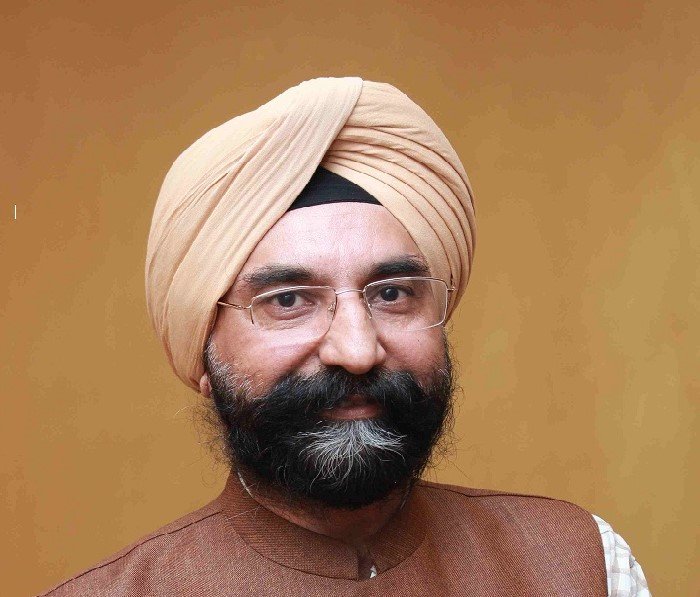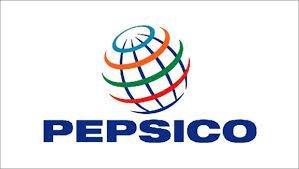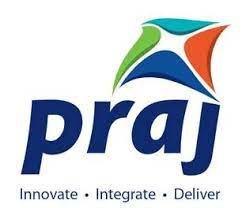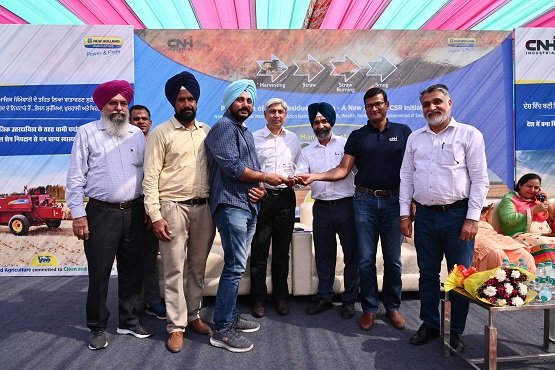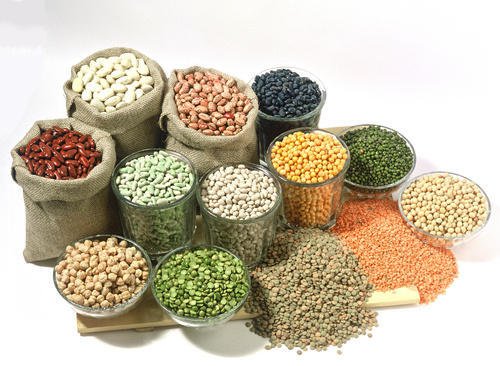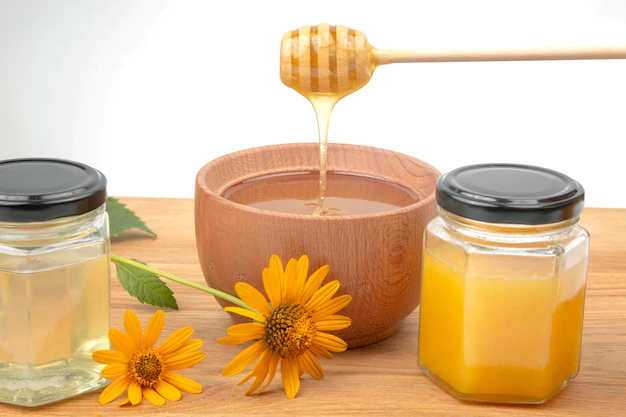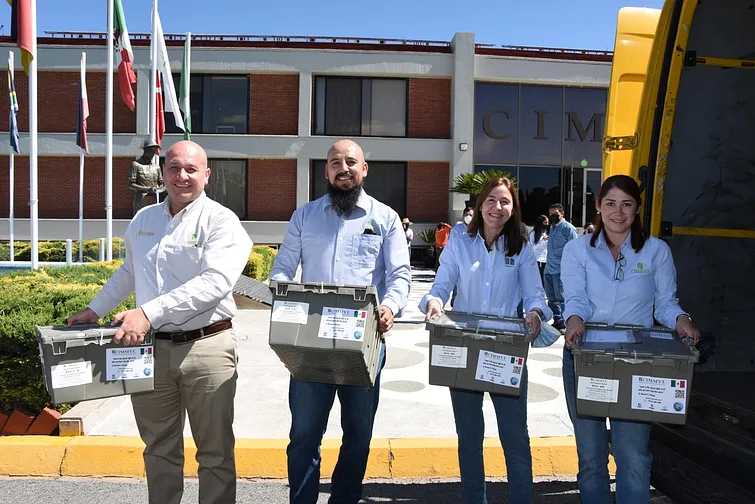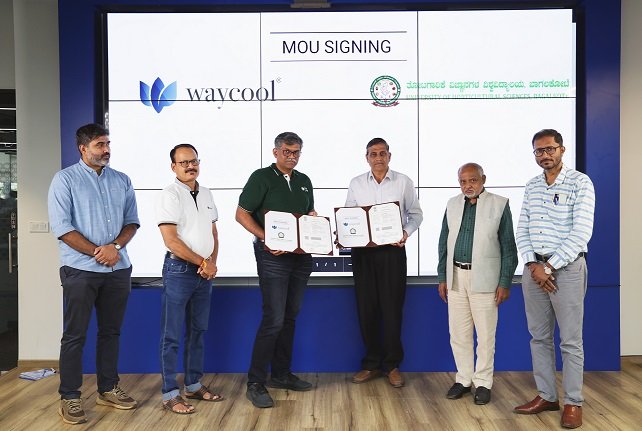NIFTEM-Thanjavur appoints Amul MD Dr R S Sodhi as Chairman
To retain the post for a three-year term
The government has appointed Dr Rupinder Singh Sodhi, the Managing Director of Gujarat Cooperative Milk Marketing Federation or GCMMF (Amul), as the Chairman of the Board of Governors of the National Institute of Food Technology, Entrepreneurship and Management – Thanjavur (NIFTEM-T).
The appointment order for this Tamil Nadu-based institute was issued by the Union Food Processing Ministry on October 10. According to the order, Dr Sodhi will remain in this post for three years.
Dr Sodhi is the Managing Director of Gujarat Cooperative Milk Marketing Federation, Ltd., (AMUL). He has obtained his B.E. (Ag) degree from CTAE, Udaipur, India and then joined Institute of Rural Management Anand (IRMA). He has received Honorary Degree of Doctor of Science (Honoris-Causa) from Anand Agriculture University.
Dr Sodhi has headed the Marketing and Sales function of Amul for more than two decades and has spearheaded their highly innovative and widely acclaimed marketing campaigns such as (1) Promoting milk as ‘world’s original energy drink’ and (2) ‘Eat Milk’ campaign motivating Indian youth in include dairy products in every meal and (3) Amul Doodh Peeta Hai India. He has been instrumental in launching more than 50 new products during his tenure as Managing Director in last six years. He has also spearheaded digital marketing and social media marketing innovations in Indian dairy industry to ensure that younger generation of India enhances consumption of milk and dairy products.
NIFTEM-T is an institute 55 years old. It was started in 1967 as Paddy Processing Research Centre (PPRC). It was renamed as Indian Institute of Crop Processing Technology (IICPT) in February 2008. About a decade later, it was renamed as Indian Institute of Food Processing Technology (IIFPT) in March 2017. Its name has now been changed to NIFTEM. It offers B Tech, M Tech and PhD courses.
To retain the post for a three-year

